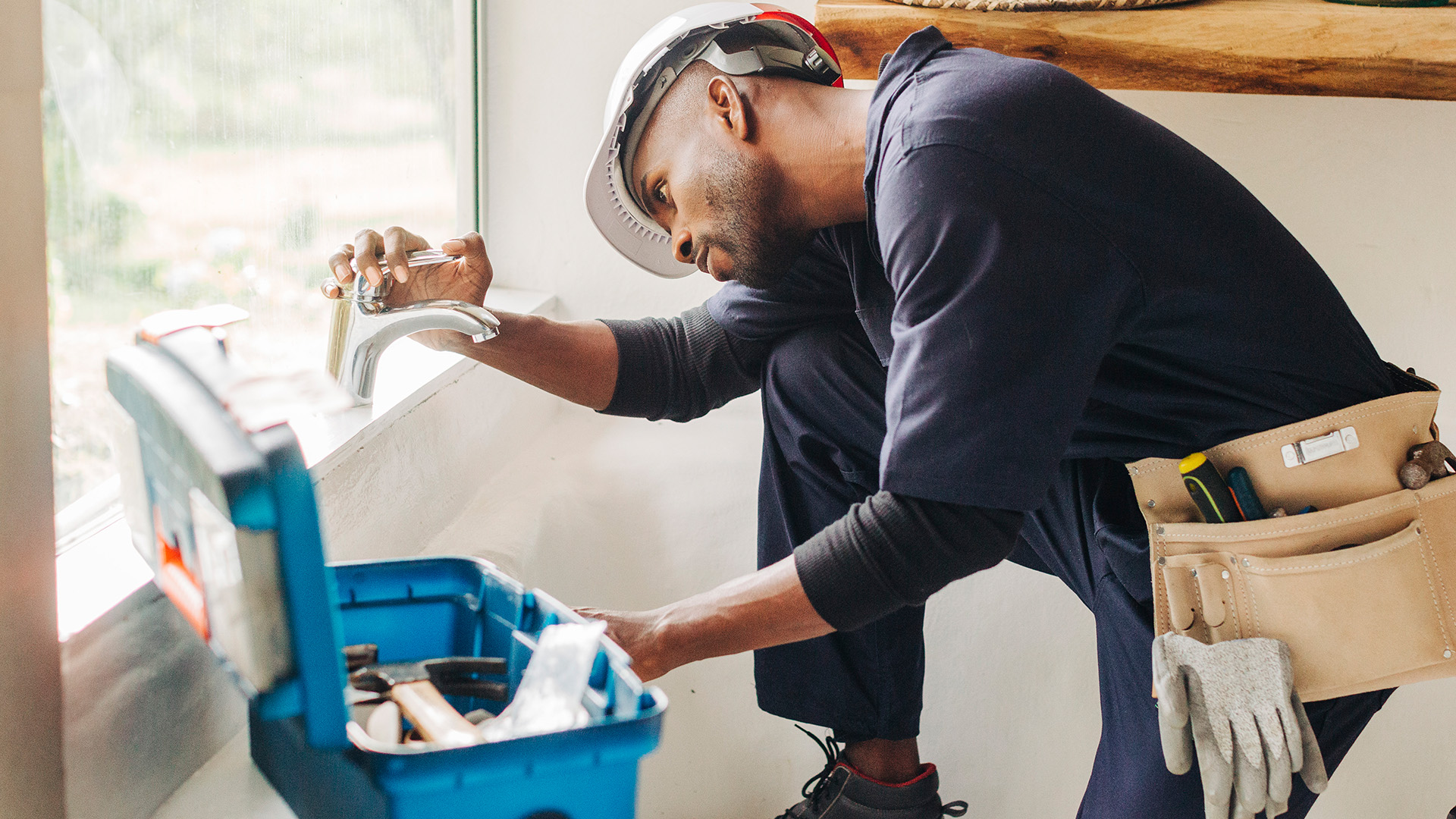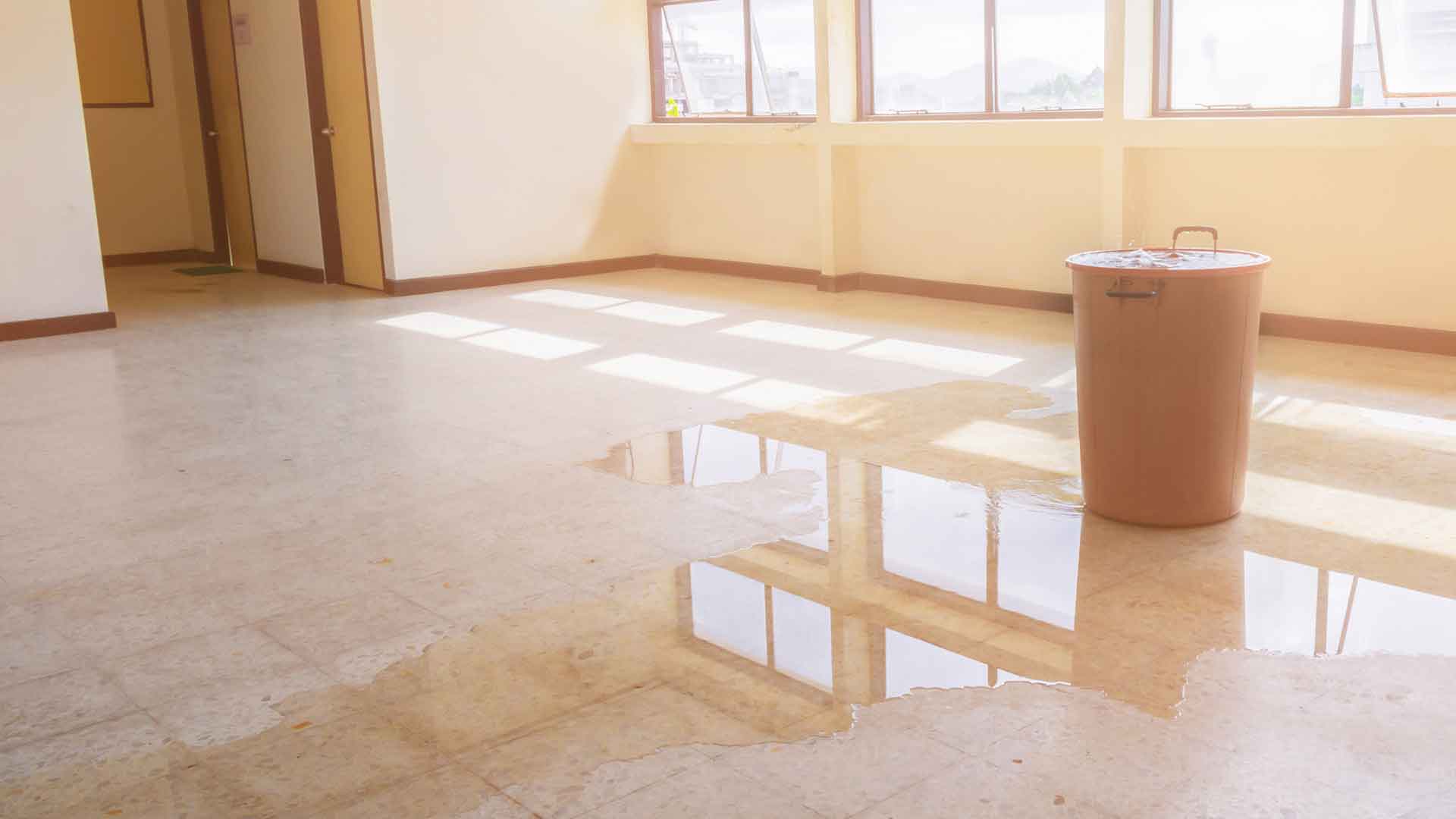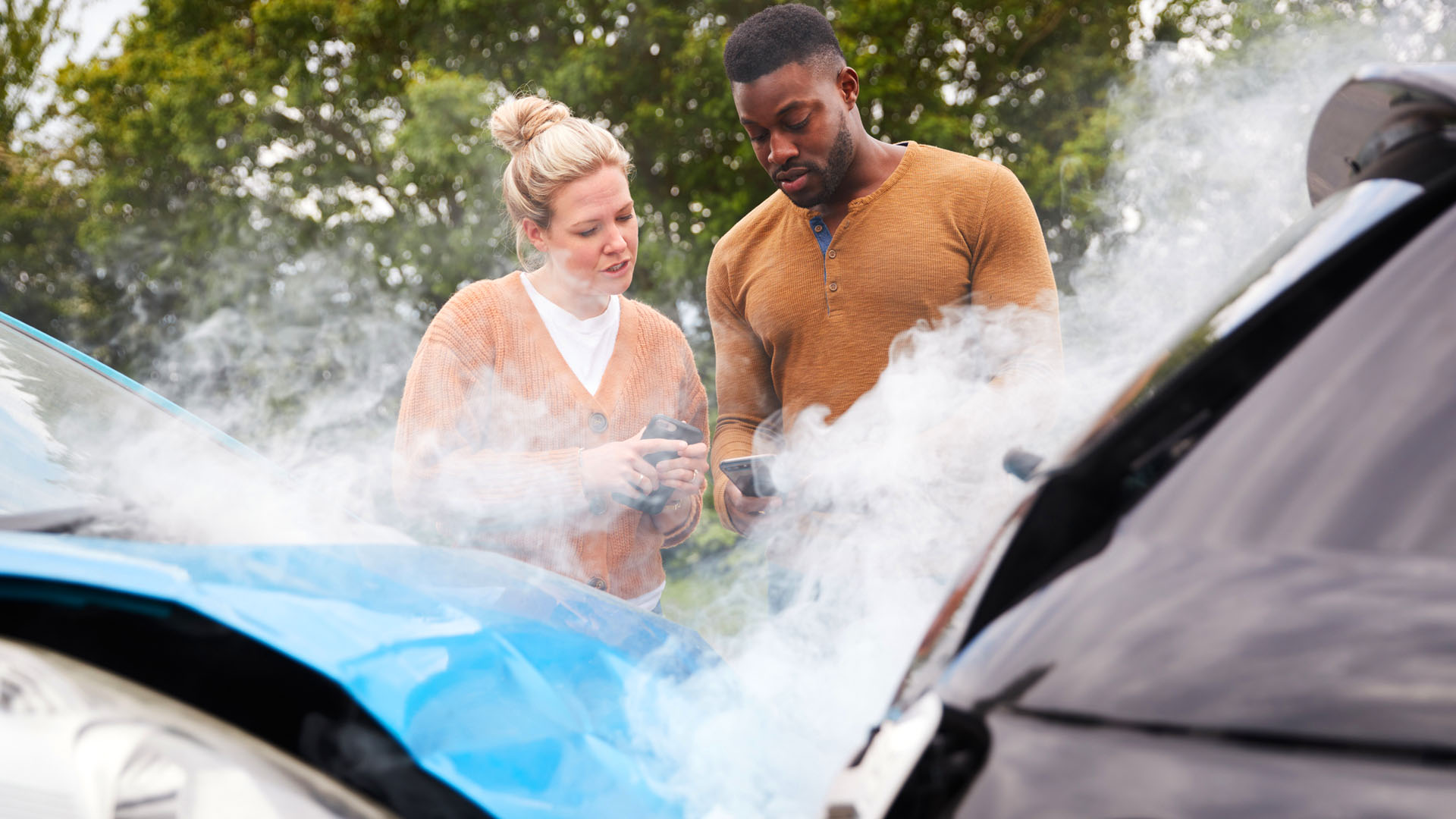Life is unpredictable, and unexpected events are bound to happen. Whether they’re minor mishaps or major disasters, they all have consequences. Who is responsible when these events affect not just you, but others as well?
Accountability matters. We must take responsibility for the consequences of our actions and make amends if they harm anyone. But you also need to know who is liable in various scenarios, so that you don’t end up being held accountable for something that is not legally your responsibility.
Who is responsible for the damage?
Who is responsible if another vehicle rolls backwards in traffic and damages your car? Who is liable if the geyser bursts in your flat and floods the units below?
In these and other scenarios, establishing liability will depend on several factors, each unique to that specific situation. Since the individual circumstances of each incident will differ, the following examples are not one-size-fits-all solutions, but general guidelines only.
Burst apartment geyser
If you’re renting, a burst geyser is more of an inconvenience than your responsibility to fix. As a tenant, you shouldn’t need to worry about the cost of repairs, or any damage to other apartments – that’s your landlord’s responsibility. The situation is a bit more complex if you own the unit, because it depends on contractual obligations. You’ll need to check your agreement with the body corporate to see if your levies cover insurance for the geyser. If they do, the body corporate or property management agent will usually handle the repairs.
Generally, the insurance will cover only structural damage, so if your belongings are affected, you’ll need to claim from your home contents insurance.
If the leak damages the flat below, as an owner you might be held responsible for that damage too. The structural damage might be covered by the body corporate’s insurance, but you could be responsible for any damage to your neighbour’s personal property. This varies, so you will have to check your insurance cover and possibly consult a legal adviser to understand your specific obligations.
Damage to a shared boundary wall
When you share a boundary wall with your neighbour, who handles the repairs depends on how ownership is divided. If you both own the wall jointly, you’ll usually split the repair costs equally, unless you’ve agreed otherwise. If ownership is separate, you’re each responsible for maintaining and fixing the wall section on your own property. This setup ensures that repairs focus on each property’s needs and boundaries.
Consult your insurance provider to make sure that you have liability cover appropriate to your circumstances
Understanding these ownership dynamics makes it easier to resolve any issues that arise, whether from natural events like storms, or accidents caused by third parties. Also be aware of local regulations that outline responsibilities for boundary wall maintenance. If disputes arise, seek mediation or professional advice to help clarify responsibilities and achieve neutral, fair outcomes. Always check your insurance cover, especially for joint-owned walls, as it may also affect how you manage the repairs.
Rear-end collision
When you’re in a car accident, the general rule is that a driver who rear-ends another vehicle is usually considered fully responsible for the collision. However, there are exceptions. For example, if your parked car gets hit in a parking lot, you’re not typically held accountable. This is why determining fault in these situations hinges on specific facts surrounding the incident.
Each accident is unique, with different accounts from drivers and witnesses. Gathering evidence like photos can greatly influence how fault is assigned. In legal proceedings, if both parties are deemed partially responsible, the owner of the less expensive vehicle might end up with a larger financial burden, even if they weren’t primarily at fault. This is why you need to consider insurance cover that protects you in such scenarios.
Damage to your property on the verge of your home
Even though the verge of your property does not belong to you, you are allowed to maintain the area – but this will vary according to your municipality. So, if a driver doesn’t take proper care while driving – for example, speeding or not paying attention – and they damage the plants or property on your verge, they may be responsible for paying for the damage. This applies even though your property is on public land.
If a driver damages your property due to negligence, they may be liable for the costs of fixing or replacing what was damaged. But you’ll have to prove negligence to claim compensation, which can be tricky if you don’t have any witnesses or camera footage.
Know your rights and responsibilities
Understand your rights and responsibilities regarding liability. If you’re being held liable for an event that you don’t think is your responsibility, or you believe someone else should be held accountable for causing you injury or property damage, consult a legal professional. They’ll be able to assess potential liability, navigate legal processes correctly, and maximise your chance of a positive result.
The scenarios discussed above are intended as general guidance, not legal advice. Each situation differs, so consult your insurance provider to make sure that you have liability cover appropriate to your circumstances and if need be, get expert legal help.








